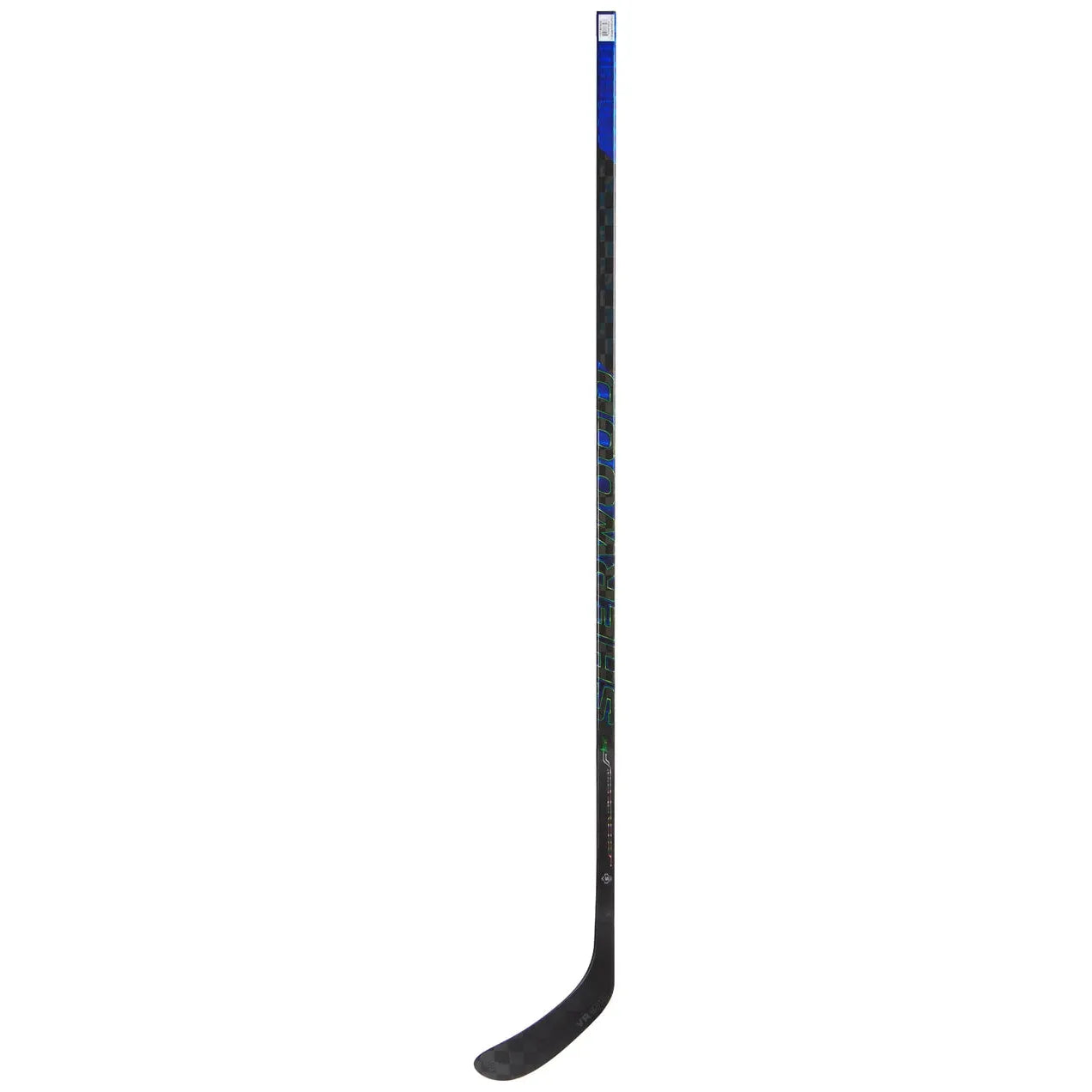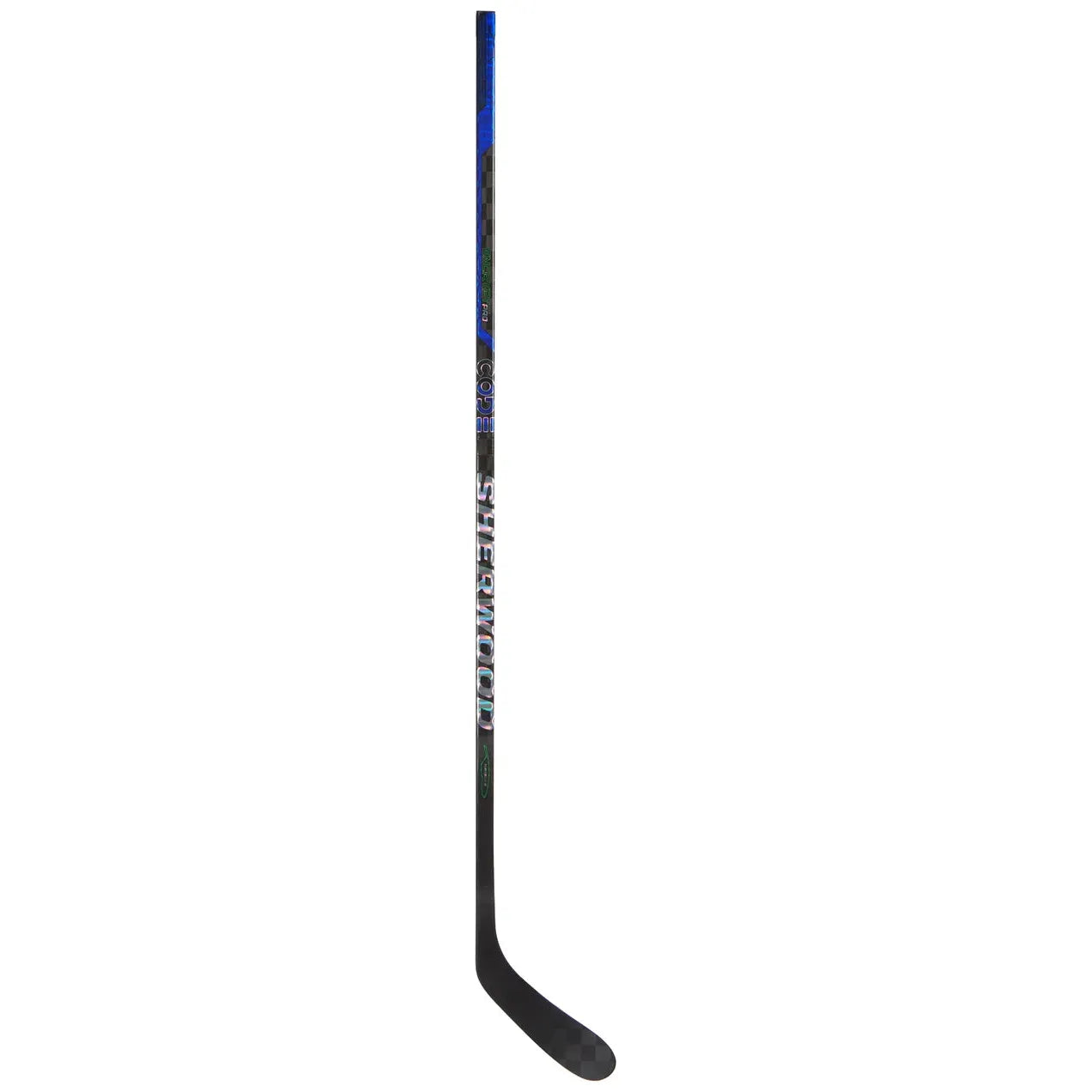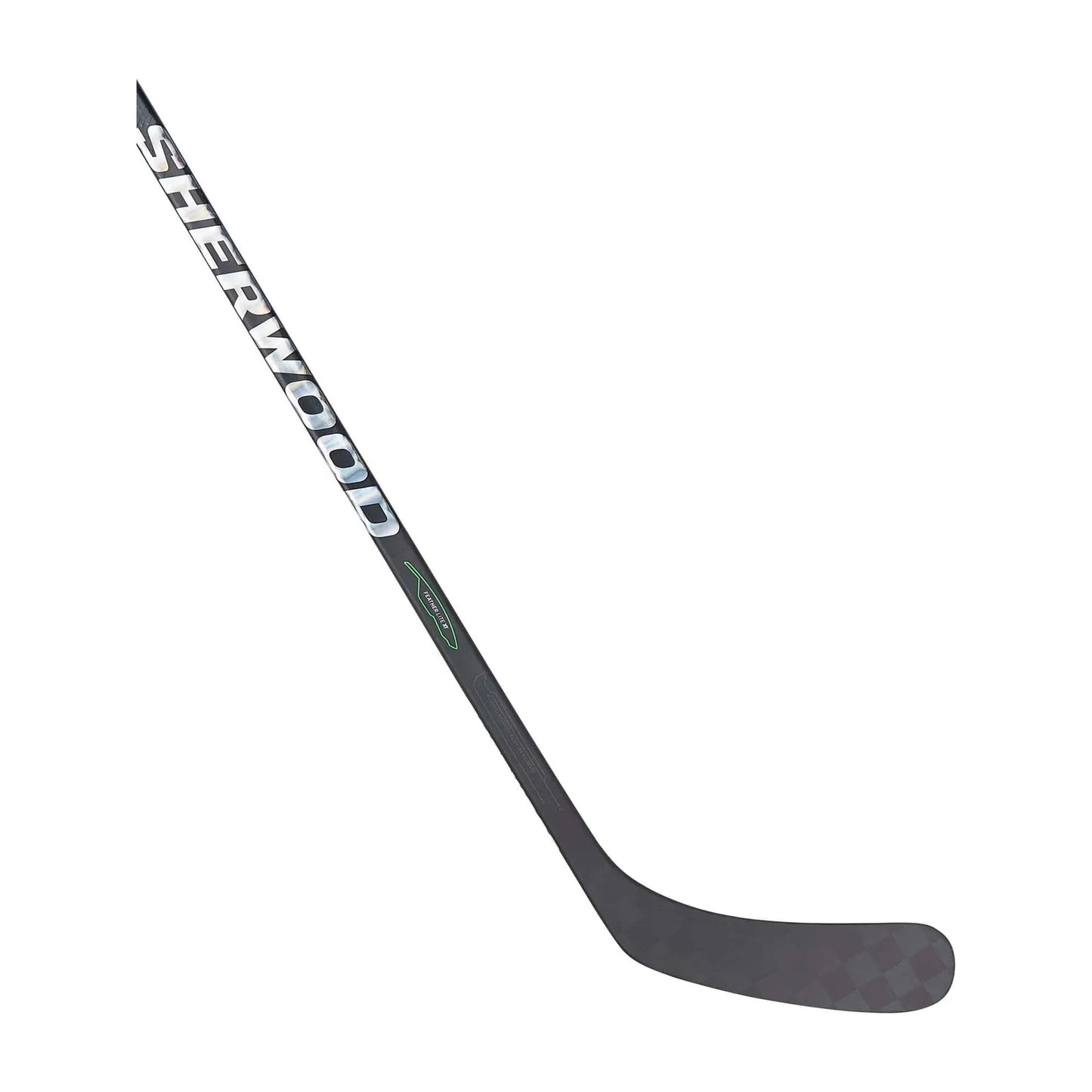SHER-WOOD CODE ENCRYPT PRO Hokiütő Youth
SHER-WOOD CODE ENCRYPT PRO Hokiütő Youth
Couldn't load pickup availability
A Sherwood Code Encrypt Pro hokiütő a TMP Line lendületét átveszi és egy teljesen új szintre emeli, páratlan sokoldalúságot, pontosságot és kontrollt biztosítva az elit játékvezetők játékához. A pehelykönnyű 385 grammos súly (85 flex), a továbbfejlesztett egyensúlyi pontnak köszönhetően még könnyebbnek érződik, miközben növeli a tartósságot.
Az Energized Velocity Taper (EVT) segítségével az Encrypt Pro könnyedén robbanékony kioldást kínál, legyen szó akár egy gyors pillanatképről szűk helyről, akár egy dübörgő slap shotról a pontról. A FeatherLite XT kézzel készített konstrukció, kombinálva az elsőrangú BlackLine XXV szénszállal, minden gramm terhelést erőszakos visszarúgássá alakít át, amely sokkot fog okozni a kapusoknak és a védőknek.
A Sherwood gondoskodott arról, hogy a nagyobb, nehezebb lövéseknél mindig tűpontos pontosság várható. A VR92 penge merev konstrukciója, amelyet az I92 csillapító réteggel egészítettek ki, kiküszöböli a penge csavarodása miatti félresikerüléssel kapcsolatos aggodalmakat. Eközben az I92 tökéletes korongkontrollt biztosít a zökkenőmentes passzfogáshoz és a technikai cselezéshez.
Usage level
Usage level
Profi
Stick Weight
Stick Weight
385g (85 flex)
Stick Length
Stick Length
Kickpoint
Kickpoint
Hybrid Kickpoint
Curve Chart
Curve Chart
Sharing









Basic concepts and information
Collapsible content
Flex
Players want the stick to be fully bendable. If a stick is too soft, the resulting shot will be inaccurate and weak. If the stick is too stiff, there will be no power behind the shot. Think of Flex as a pound of force. This is the number of pounds that must be placed in the rod to fully bend it. A 40-flex racket is generally ideal for a 40-kilogram child.
Curve
Hockey stick pens all have a curve that affects puck control, shot performance and accuracy. They can be classified into three types (Heel, Toe, Mid). Defenders are typically the Heel, which curves from the heel of the club. The strikers are the Toe, which are at the beginning of the pen, and the Mid bends represent the balance of the two, and the curve starts in the middle of the pen. The most common choices are P92, W03, TC2.5, P29
Kick point
The Mid-kick rod has a stiffer bottom and top, so it bends more in the middle of the shaft. These sticks have a longer charge time but provide a more powerful shot, perfect for players who take a lot of click shots and players who use their whole body for a shot.
Low-kick sticks have a softer lower part of the club and a stiff middle and top of the shaft, so the bottom of the shaft bends closer to the feather of the club. These clubs have a much faster release, which is perfect for close body shots, snap shots, quick draws and wrist shots.
Stick length
To determine the reference height, stand with your shoes off and the stick against your body with your toes on the ground. As a general rule, we recommend that the stick comes between your mouth and nose. For children or players who are still growing, the maximum height we recommend is eye level.
The length of the club is measured from the point of contact of the corner of the feather with the playing surface to the top of the shaft.
Hand
There are two ways to hold the racket. One is when the pen of the club is located on the left side of our body. In this case, our left hand is lower. The other is when the pen is on the right side of our body, in which case we hold the club lower with our right hand.
How to choose the right stick?
When sizing a hockey stick, length is usually a preference. The rackets are available in Senior, Intermediate, Junior and Youth lengths with corresponding flex options. To choose the right size, you need to consider the weight and height and the person we are buying for to choose the right size. Intermediate, Junior and Youth hockey sticks have smaller shafts, making it easier for young players to hold and control them.
Customizing the length of the racket As mentioned, length is very much a personal preference. To determine the reference height, stand with your shoes off and the stick against your body with your toes on the ground. As a general rule, we recommend that the stick comes between your mouth and nose. For children or players who are still growing, the maximum height we recommend is eye level.
You can always cut from the length of a club. However, choosing a hockey stick that is too long or has the wrong flex can hinder performance. For kids, the Junior, Intermediate and Senior rackets are all roughly standard lengths. In some cases, each Junior flex will be a different length club. Look at each one and compare the height of the player you are buying for.
Every hockey player has a different preference when choosing a flex. You can think of flex numbers as pounds of force. A racket that is too stiff or too soft can hinder performance in its own way.








